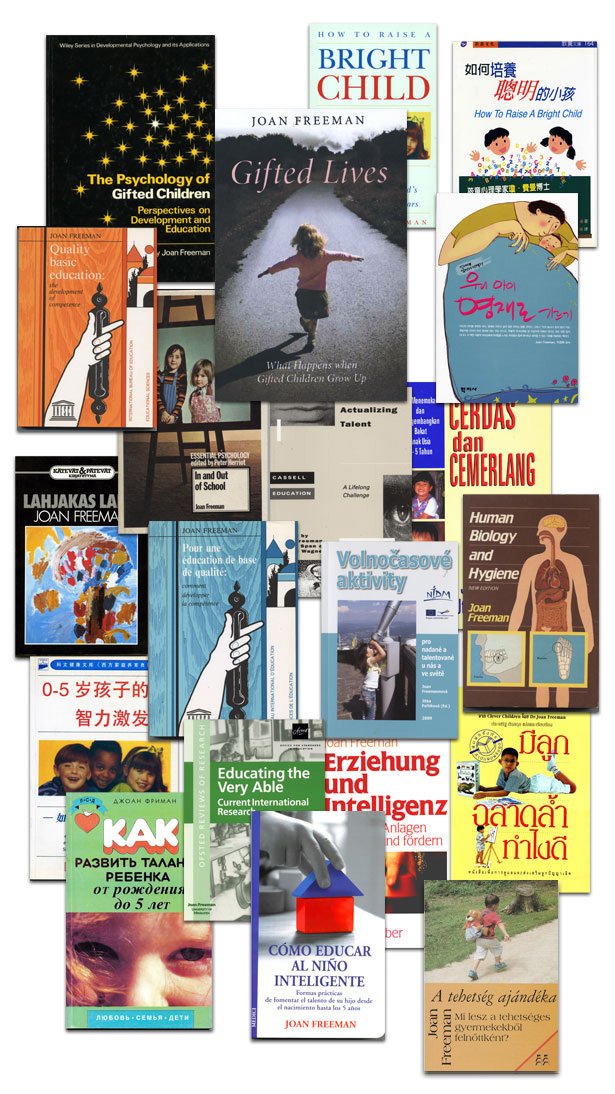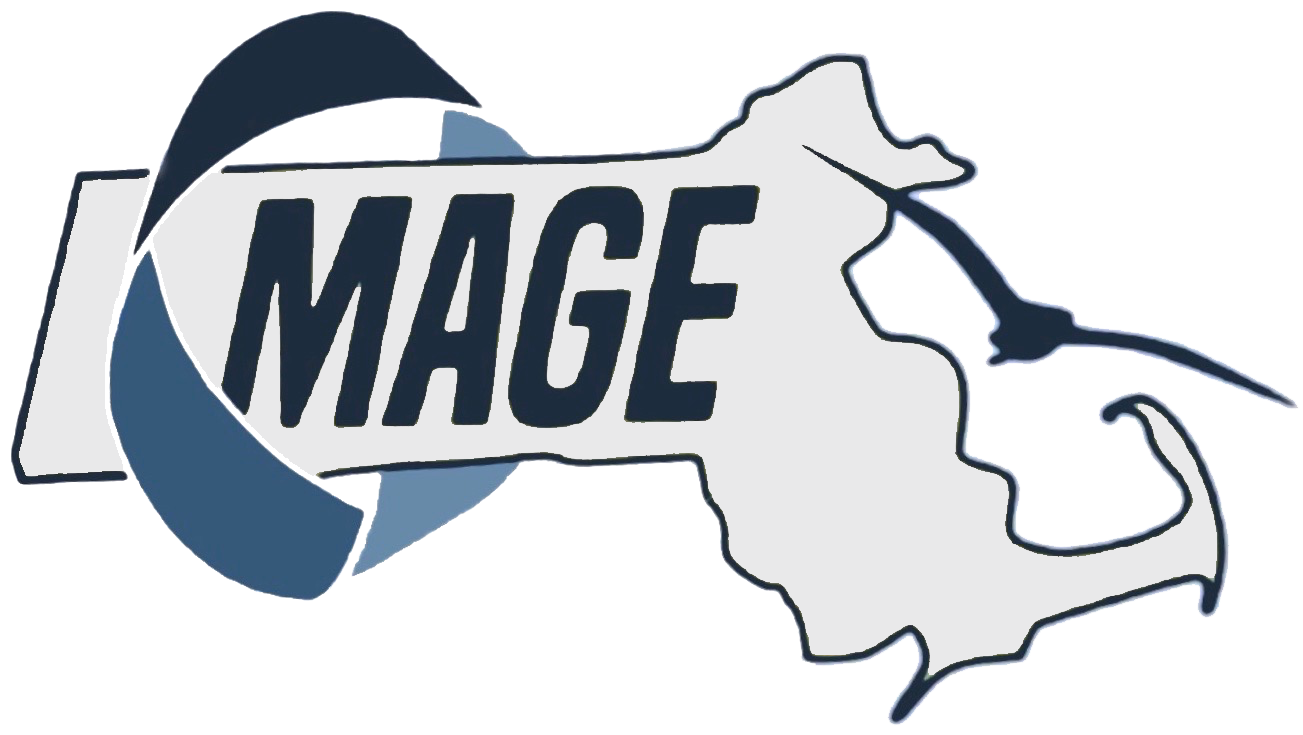
Articles & Research
A growing repository of articles and research related to gifted education in Massachusetts and beyond.
These links are being provided as a convenience and for informational purposes only; they do not constitute an endorsement or an approval by MAGE of any of the products, services, or opinions of the corporation or organization, or individual. While we strive to keep this up to date, if any links to outside organizations are not working, try searching for the description of the resource in a search engine like Google.
Looking for resources?
Click here for a collection of resources including book recommendations, curriculum, enrichment, higher education, classroom tools, and more. Keep scrolling for links to editorials and papers.
Links will open in a new window.

Joan Freeman PhD, MEd, BSc, Dip Ed Guidance
Professor Joan Freeman, Ph.D. is a distinguished British psychologist working for the development of human abilities to their highest levels. All of the following publications are available for free.

Is Massachusetts Failing Its Brightest Kids?
Report finds advanced low-income, black, and Latino students may pay steepest price

How Can so Many Students be Invisible?
Emphasis on “getting students to grade level” ignores an important question: How many students already perform one or more years above grade level on their first day of school?

THE ELITE ILLUSION: ACHIEVEMENT EFFECTS AT BOSTON AND NEW YORK EXAM SCHOOLS
Econometrica, Vol. 82, No. 1 (January, 2014), 137–196
Parents gauge school quality in part by the level of student achievement and a school’s racial and socioeconomic mix. The importance of school characteristics in the housing market can be seen in the jump in house prices at school district boundaries where peer characteristics change. The question of whether schools with more attractive peers are really better in a value-added sense remains open, however. This paper uses a fuzzy regression-discontinuity design to evaluate the causal effects of peer characteristics. Our design exploits admissions cutoffs at Boston and New York City’s heavily over-subscribed exam schools. Successful applicants near admissions cutoffs for the least selective of these schools move from schools with scores near the bottom of the state SAT score distribution to schools with scores near the median. Successful applicants near admissions cutoffs for the most selective of these schools move from above-average schools to schools with students whose scores fall in the extreme upper tail. Exam school students can also expect to study with fewer nonwhite classmates than unsuccessful applicants. Our estimates suggest that the marked changes in peer characteristics at exam school admissions cutoffs have little causal effect on test scores or college quality.

